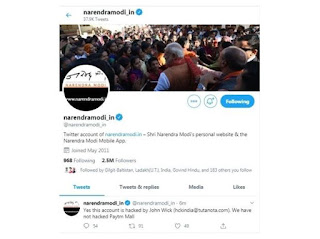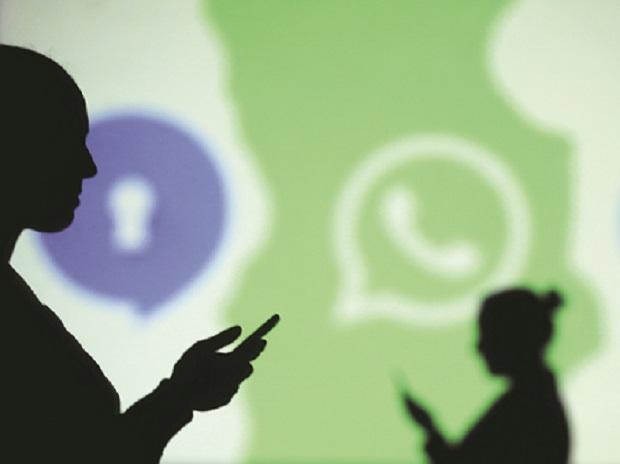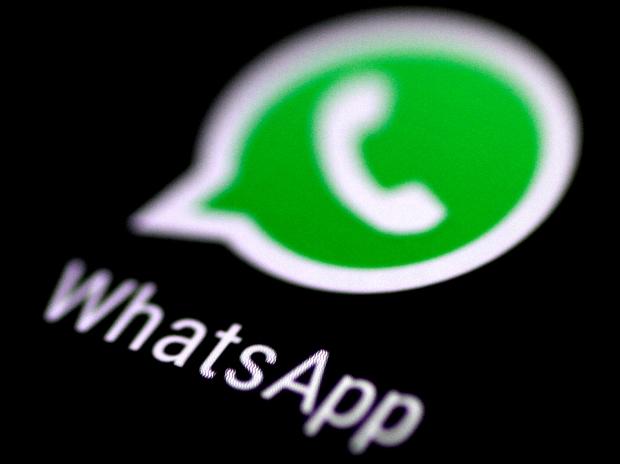Hackers stealing money via 167 fake trading, crypto apps on Android, iOS

Cyber-security researchers have identified a stash of 167 counterfeit Android and iOS apps being used by hackers to steal money from people who believe they have installed a financial trading, banking or cryptocurrency app from a trusted organization. Researchers at cyber-security firm Sophos investigated the fake apps and found that many were very similar. The attackers targeted users through dating sites and lured victims into installing money-stealing apps disguised as popular brands. Some apps included an embedded customer support "chat" option. When researchers tried to communicate with the support teams using the chat, the replies they received used near-identical language. The researchers also uncovered a single server loaded with 167 fake trading and cryptocurrency apps. Taken together, this suggests that the scams could all be operated by the same group. Read More








